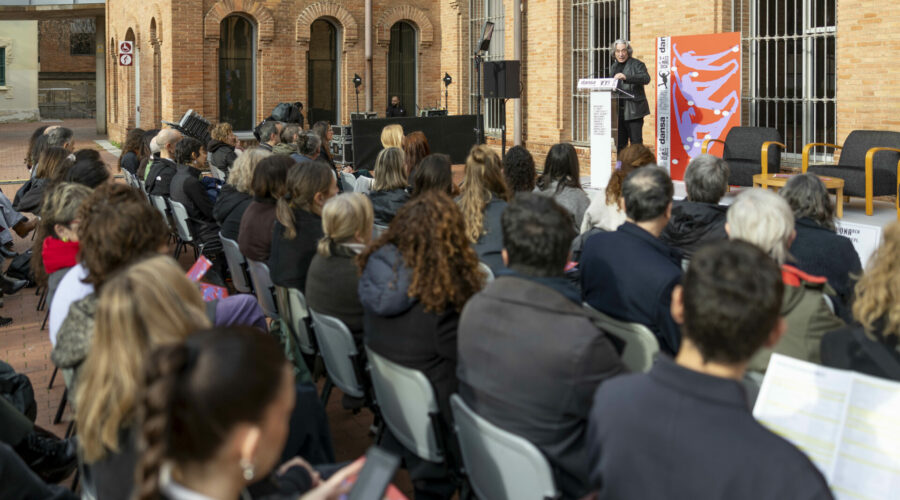Concerns about the environment and air quality in urban areas have led to a series of regulatory measures across Europe to reduce vehicle emissions and promote more sustainable alternatives. One of these measures is the implementation of environmental labels that limit the circulation of automobiles in urban areas and the creation of Low Emission Zones. In Spain, the Dirección General de Tráfico (DGT) has been a key player in the enactment of these regulations, and one of the cities most affected by these measures is Barcelona.
 The impact of environmental labels on vehicle circulation
The impact of environmental labels on vehicle circulation
Environmental labels have become an effective tool to categorize and regulate vehicles according to their environmental impact. These labels are issued by the DGT and classify cars in different categories, from 0 (zero emissions) to B (higher emissions). The idea behind this classification is to encourage the adoption of cleaner vehicles and reduce air pollution in cities.
In the case of Barcelona and other large Spanish cities, environmental labels have a major impact on vehicle traffic. In the center of these cities, cars without environmental labels are banned from circulating, significantly affecting owners of B-label vehicles, the highest emissions category currently allowed.
The end of B-label cars in Barcelona
The news that has generated uproar among owners of B-label vehicles is the total ban on driving in the center of Barcelona as of January 1, 2024. This means that thousands of drivers will have to make important decisions in the coming months, as their vehicles will be relegated to alternate routes or, in the worst case, will have to be replaced by more environmentally friendly cars.
In the case of Barcelona, this measure represents a bold step in the fight against air pollution. However, it is not the only city that has implemented or plans to implement similar regulations. Madrid, the capital of Spain, has also established restrictions for the most polluting vehicles and has created its own Low Emission Zone.
The impact on owners of B-label vehicles
The measure to ban the circulation of B-label cars in the center of Barcelona affects a large number of users. According to estimates, around 8 million vehicles in Spain have B labels, which means that their owners will be directly affected by this regulation.
For many drivers, this news implies the need to make important decisions in a relatively short period of time. Some may choose to trade in their vehicles for cleaner models, which would encourage the adoption of electric or hybrid cars. Others may be forced to use public transport or shared mobility alternatives.
The future of mobility in Barcelona
The ban on B-label cars in the center of Barcelona from 2024 raises important questions about the future of mobility in the city. While this measure seeks to improve air quality and reduce pollution, it also poses significant challenges for citizens and local authorities.
One of the key issues is accessibility. How will it be ensured that people who rely on their vehicles to get to work or take their children to school will not be harmed by this measure? It is essential that efficient and affordable public transportation alternatives be developed to meet the needs of all residents.
This could have a significant impact on the automotive industry, encouraging the transition to cleaner and more sustainable vehicles.
A bold move
The ban on B-label cars in the center of Barcelona from 2024 is a bold measure aimed at improving air quality and reducing pollution in the city. However, it also poses significant challenges for the owners of these vehicles, who will have to adapt to new forms of mobility.
The transition to more sustainable mobility is a necessary objective to address environmental and health problems in urban areas. To achieve this successfully, it is essential that local and national authorities work together with the automotive industry and society at large to ensure that transportation alternatives are accessible and efficient.
The future of mobility in Barcelona and other major Spanish cities will largely depend on how these transitions are managed and the willingness to take bold steps towards a cleaner and healthier environment.
The municipality awaiting court approval of the proposed measures
If these measures are approved, as of January 1, 2024, B-label cars will be prevented from entering the entire metropolitan area of Barcelona. This decision is a clear indication of the city’s determination to combat pollution and improve air quality for its residents. But the city council’s commitment does not stop there, as it is also contemplating a ban on C-label vehicles as of 2030.
This means that in less than a decade, the only vehicles authorized to circulate in Barcelona will be those with the coveted ECO or 0 sticker from the DGT, marking a significant shift towards more sustainable mobility in the Catalan city. These decisions reflect the growing pressure to address climate change and the need for bold action in the area of urban mobility.


 The impact of environmental labels on vehicle circulation
The impact of environmental labels on vehicle circulation
